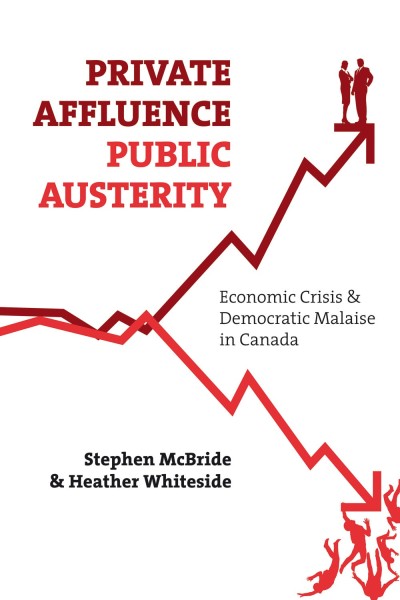
Stephen McBride is a professor (Canada Research Chair in public policy and globalization, 2010-2024) in the Department of Political Science, McMaster University, where he is an associate member of the School of Labour Studies and a member of the Institute for Globalization and the Human Condition. His research interests include the crises of liberal democracy, globalization, the political economy of austerity, and the past, present and future of the state and the public domain.






